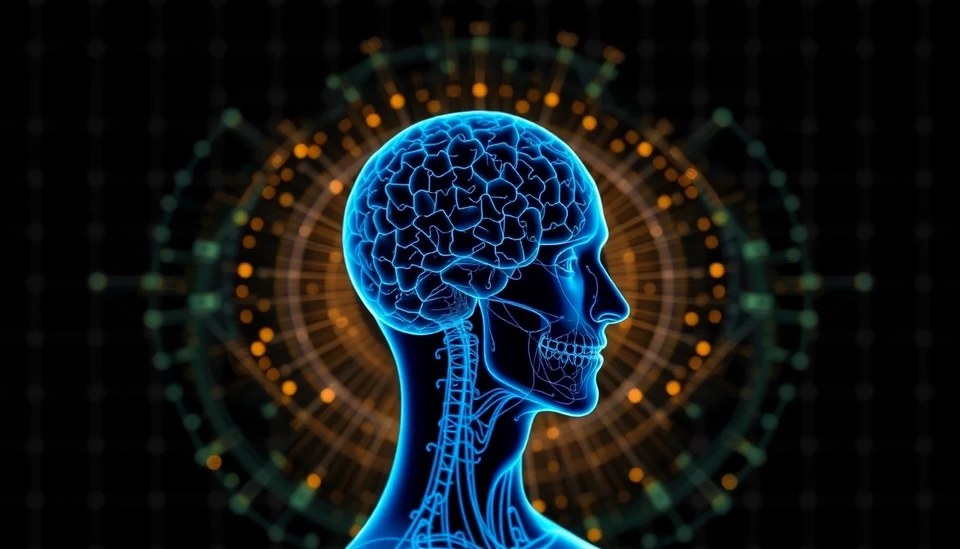
In a groundbreaking development, artificial intelligence (AI) is being utilized to provide individuals with an unprecedented level of insight into their life expectancy. A recent article from Bloomberg has highlighted how new algorithms can analyze a variety of health-related factors to predict more accurately the exact date of an individual’s death. This innovation brings both excitement and anxiety, as people grapple with the implications of such knowledge.
Experts in the field of AI and healthcare are collaborating to refine predictive models that take into account an individual's medical history, genetics, lifestyle choices, and environmental influences. By processing vast amounts of data, AI systems are designed to forecast an individual’s life span with a degree of precision that was previously unattainable.
One of the driving forces behind this advancement is the increasing availability of health data. As wearable technology, like fitness trackers and smartwatches, grows in popularity, individuals are continuously generating valuable health information. This data provides a fertile ground for machine learning models, which thrive on patterns in large datasets, enabling them to make more informed predictions regarding mortality.
Moreover, the algorithms are not just limited to static measurements; they can dynamically adjust to an individual's changing health status. This means that as a person's lifestyle adapts—whether through improved diet, increased exercise, or changes in medical treatment—the AI can update its predictions to reflect these new realities.
However, the prospects of being told when one might die raises profound ethical questions. Many people may find the idea of knowing their date of death unsettling or even distressing. Specialists are emphasizing the importance of context and support when delivering such sensitive information. Healthcare providers are urged to consider the psychological ramifications of sharing predictions, ensuring they approach this delicate topic with care and understanding.
In addition to the emotional and ethical considerations, there are also broader societal implications to consider. The integration of AI in healthcare could potentially shift how medical resources are allocated, with an increased focus on preventive measures. If individuals have a clearer idea of their health trajectory, they may be more motivated to engage in healthier behaviors, potentially reducing the burden on healthcare systems.
As these technologies evolve, there are also concerns about privacy and data security. With sensitive health information being processed by AI systems, safeguards must be implemented to protect individuals' data from unauthorized access or misuse. Trust in these predictive technologies will be crucial for widespread acceptance and integration into everyday healthcare.
In summary, the advent of AI-powered predictions regarding life expectancy represents an exciting frontier in healthcare, with the promise of more personalized and proactive health management. However, as we navigate these innovations, it will be essential to balance technological possibilities with ethical practices and emotional considerations.
As we look towards the future, the key question remains: will this technology empower individuals with knowledge, or will it burden them with anxiety over their mortality?
#ArtificialIntelligence #LifeExpectancy #HealthTech #AI #PredictiveAnalytics #FutureOfHealthcare #DataPrivacy #EthicalAI
Author: Daniel Foster




